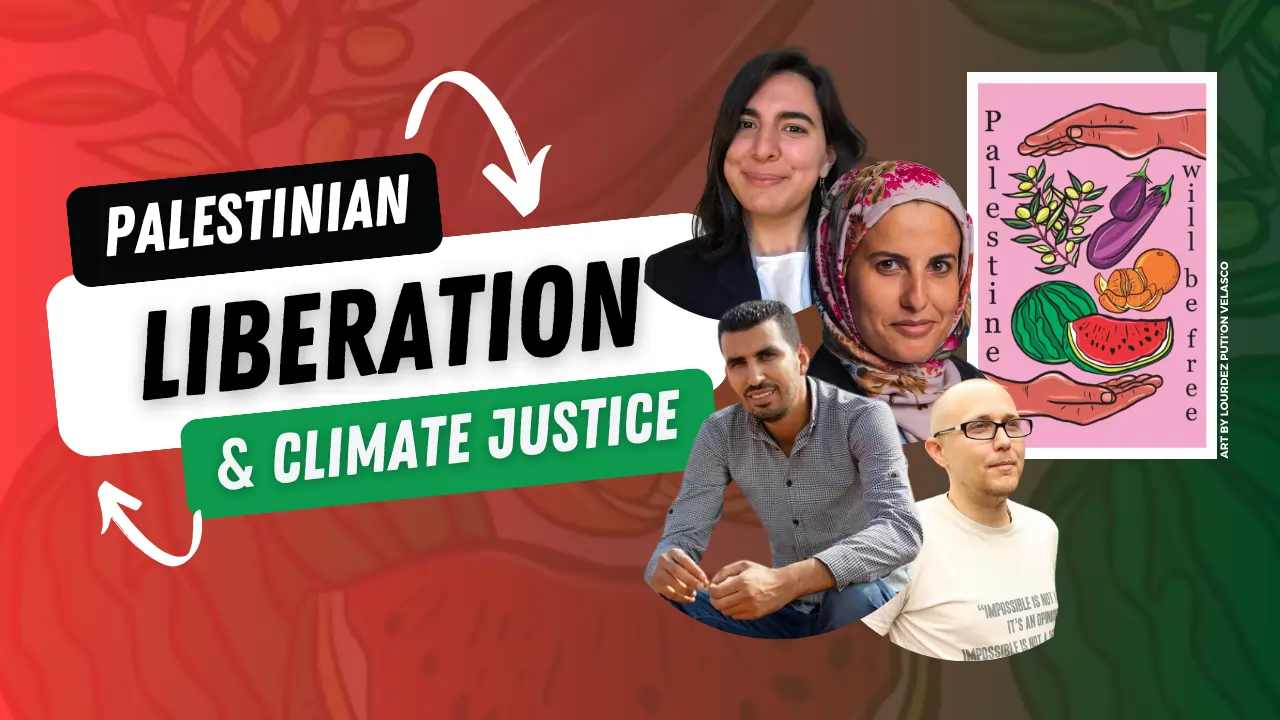Esteemed President Lula,
We’re writing you to express our indignation and urge you to immediately suspend the Belo Monte hydroelectric dam project on the Xingu River in the state of Para due to the tremendous social, environmental, and economic risks posed by this project to the Amazon Region.
In July of 2009, you met with representatives of Brazilian civil society and leaders of indigenous communities from the Xingu River basin in Brasilia, promising them renewed dialogue on the looming mega-project and assuring them that “Belo Monte will not be shoved down anyone’s throat”. We understood this to mean that Belo Monte would only be approved once affected communities had been adequately consulted about the project, understood its implications, and consented to its construction.
Yet less than a year later, your government has given the green light to the project, despite the outrage of local communities as well as glaring concerns and warnings by Brazilian experts. Even two senior officials at IBAMA, Leozildo Tabajara da Silva Benjamin and Sebastiao Custodio Pires, resigned their posts last year, citing high-level political pressure to approve the project. It is clear that there are serious concerns and criticisms originating from numerous groups and figures within Brazilian civil society, including your personal friend Dom Erwin Krautler, the CNBB, Leonardo Boff, and many others. Regardless of these concerns from your fellow Brazilians and your earlier promise to them, we see that your government indeed intends to shove Belo Monte down the throats of the directly affected indigenous and riverine communities in the Amazon.
We are not only extremely concerned with the decision to build such an enormous, environmentally destructive mega-project, but also with the unethical process through which the government excluded civil society from any kind of open debate. Those who stand to be most impacted by the construction of this project – the people of the lower Xingu River – were particularly kept out of the decision-making process. The people of the Xingu Basin have fought Belo Monte for more than 20 years on the same grounds that they continue to oppose it now.
As you know, Brazil signed the United Nations Declaration on the Rights of Indigenous Peoples (UNDRIP), which enshrines their right to self-determination, and is now a part of International Human Rights Law. Brazil is also a party to Convention 169 of the International Labor Organization which guarantees Indigenous peoples the right to free, prior and informed consent to development or infrastructure projects that will impact their lives and livelihoods, such as the proposed Belo Monte dam. Leaders of local Indigenous groups have made it clear that this right was completely disregarded in approving Belo Monte and sanctioning its impacts on Indigenous territories.
Traditional populations and indigenous peoples have had their rights violated during this entire process, and we urge you to remedy this situation. We believe the construction of Belo Monte represents the serious violation of nearly every article of UNDRIP, such as Articles 3, 4, 5, 7, 8, 9, 10, 11, 18, 19, 20, 24, 25, 26, 27, 28, 29, 32, 38, 40, 43, 44. Brazil is also in violation of Article 231.3, Chapter VIII, of its own 1988 Constitution, which legally guarantees Indigenous Peoples’ right to challenge the exploitation of water resources on their lands, and of Article 10-V of CONAMA resolution 237 (19 December 1997), which requires public consultation of environmental impact assessments.
As you are aware, the Belo Monte dam will inundate some 500 square km of land, and divert nearly the entire flow of the Xingu through two artificial canals to the dam’s powerhouse. This alone will leave indigenous and traditional communities along a 130 km stretch of the Volta Grande without water, fish, or a means of river transport. The lowering of the water table would destroy the agricultural production of the region, affecting indigenous and non-indigenous farmers, as well as water quality. In all probability, the rainforests in this region would not survive. The formation of small, stagnant pools of water among the rocks of the Volta Grande will be a prime environment for the proliferation of malaria and other water-borne diseases. Communities upstream, including the Kayapo Indians, will suffer the loss of migratory fish species that are a crucial part of their diet.
In addition to these devastating impacts to the Volta Grande, an estimated 20,000 people will be forced from their homes, including inhabitants of the city of Altamira, which will be partially flooded. In spite of this, Belo Monte is held up as a model for your government’s ambitious PAC program, which promises a future for Brazil’s development with minimal social and environmental impacts. We join the Brazilian opponents to Belo Monte in saying these impacts are an unacceptable price to pay for a project of dubious economic and technical viability that offers questionable benefits to the Brazilian public. Indeed, it risks calling PAC’s entire image into question both in Brazil and worldwide, as the building of the Belo Monte dam would be completely contrary to the sustainable development and social benefits it espouses.
Independent investigations have found that the project’s environmental impact assessment is incomplete and underestimates the extent of Belo Monte’s potential impacts. While it’s known that the flow along the Volta Grande of the Xingu would be seriously reduced by the canals; water quality, instream flow, and geological studies for the Volta Grande are still incomplete. Francisco Hernandez, an electrical engineer and co-coordinator of a group of 40 specialists who analyzed the project, doubts Belo Monte’s engineering viability and warns that this extremely complex project would depend on the construction of not only one dam, but rather a series of large dams and dykes that would interrupt the flow of water courses over an enormous area, requiring excavation of earth and rocks on the scale of digging the Panama Canal. We are particularly concerned with the disregard the government has shown to the opinions of the specialist panel as well as technical analysis issued by IBAMA last November, which is a fundamental piece of the environmental licensing process.
Belo Monte will generate only 10% of its stated installed capacity of 11,233 MW during the three to four-month dry season. Furthermore, there is uncertainty over the total costs of the project; while the Empresa de Pesquisa Eletrica estimates R$16 billion, private investors estimate R$30 billion. The project’s inefficient energy supply and uncertainties over incomplete environmental data do not justify such an enormous investment. We are appalled by the lack of responsibility of corporate and financial actors that seek to materialize this project, such as Brazil’s national development bank BNDES, which is irresponsibly planning to use public taxpayer funding to finance the majority of Belo Monte. Belo Monte is not only a bad predicament for the people of the Xingu, it is a bad investment for Brazil.
The Belo Monte project is being pursued at the expense of viable and less destructive alternatives such as improvements in energy efficiency, and the promotion of renewable energy such as solar and wind. A WWF-Brazil study published in 2007 showed that by 2020 Brazil could cut the expected demand for electricity by 40% through investments in energy efficiency. The power saved would be equivalent to 14 Belo Monte hydroelectric plants, and would save Brazil around R$33 billion in the process.
While viable and sustainable alternatives do exist, Belo Monte is being proposed as a model for Brazil’s renewable energy matrix, an important part of the country’s 38% reduction in domestic emissions by 2020. In fact, the opposite is true: the dam will emit large quantities of methane, a greenhouse gas that is 21 times more potent than C02. Big dams also cause considerable direct and indirect environmental destruction, such as widespread deforestation and an increase in emissions. There is nothing clean or sustainable about Belo Monte.
We believe your meeting last July was a very positive step towards opening new channels of dialogue and trust between your government and locally populations on the Xingu River. However, we are seeing that the stark failure to follow though on this promise for dialogue is pushing this issue towards a boiling point, with the prospect of mass mobilizations and violent confrontations growing closer to reality every day.
In conclusion, we see your government’s approval of this mega-project as a highly irresponsible and reckless act. Forcing Belo Monte down the throats of thousands of indigenous peoples and riverine families, while laying waste to the lower Xingu River, is an immeasurably high price to pay for an inefficient, costly and environmentally devastating form of electricity.
Brazil does not need Belo Monte to secure its energy future.
We implore you to consider less-destructive alternatives to fuel Brazil’s economic growth, perform adequate consultation with local communities, and to rescind the provisional license for this disastrous project out of respect for the rights of the inhabitants of the Xingu River and the integrity of the region’s ecosystem.
AMAZON WATCH
INTERNATIONAL RIVERS
INDIGENOUS ENVIRONMENTAL NETWORK
SOCIETY FOR THREATENED PEOPLES INTERNATIONAL
WORLD RAINFOREST MOVEMENT
GLOBAL FOREST COALITION
GLOBAL JUSTICE ECOLOGY PROJECT
CLIMATE ALLIANCE OF EUROPEAN CITIES WITH THE INDIGENOUS RAINFOREST PEOPLES
ALLIANCA DEL CLIMA E.V. Klima-Bundnis
GREENPEACE
EARTHPEOPLES
AMNESTY INTERNATIONAL – LATEINAMERIKA-BERLIN
INDIAN CONFEDERATION OF INDIGENOUS AND TRIBAL PEOPLES NORTH EAST ZONE
MENSCHENRECHTE 3000 e.V. (Human Rights 3000)
FRIENDS OF PEOPLES CLOSE TO NATURE
PACIFIC INDIGENOUS PEOPLES ENVIRONMENTAL COALITION
www.fpcn-global.org/content/Save-Brasiliens-Xingu-Indians-Destruction



